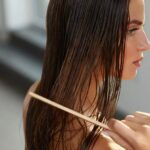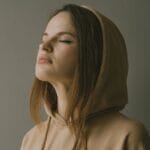Introduction
Definition : Introduce to what is the true concept of beauty and its significance in human life.
Historical Context: Briefly discuss how the concept of beauty has evolved over time.
Biological Perspective
Evolutionary Basis: Explain how evolutionary biology influences perceptions of beauty.
Physical Traits: Discuss universally attractive traits such as symmetry, skin clarity, and health indicators.
Genetic Fitness: Link between beauty and reproductive success.
Psychological Perspective
Individual Differences: How personal experiences and psychological states shape perceptions of beauty.
Cognitive Processes: The role of cognitive biases and heuristics in determining what is considered beautiful.
Emotional Impact: How beauty affects emotions and mental well-being.
Cultural Perspective
Cultural Variability: Explore how different cultures have unique standards of beauty.
Historical Changes: Discuss how beauty standards have changed over different historical periods.
Media Influence: The role of media and popular culture in shaping beauty ideals.
Philosophical Perspective
Objective vs. Subjective Beauty: Debate whether beauty is an inherent quality or a subjective experience.
Aesthetic Theories: Overview of major philosophical theories on beauty, such as those by Plato, Kant, and Nietzsche.
Ethics of Beauty: Ethical considerations related to beauty, such as the impact of beauty standards on self-esteem and societal values.
Beauty in Art and Nature
Artistic Beauty: How beauty is represented and appreciated in various art forms.
Natural Beauty: The appreciation of beauty in nature and its impact on human well-being.
Aesthetic Experience: The psychological and emotional responses to beauty in art and nature.
Modern Perspectives
Technological Influence: The impact of technology and social media on contemporary beauty standards.
Body Positivity Movement: The rise of movements challenging traditional beauty norms and promoting inclusivity.
Future Trends: Speculate on how the concept of beauty might evolve in the future.
Conclusion
Summary of Key Points: Recap the main ideas discussed in the article.
Personal Reflection: Encourage readers to reflect on their own perceptions of beauty.
Final Thoughts: Conclude with a thought-provoking statement or question about the true nature of beauty.
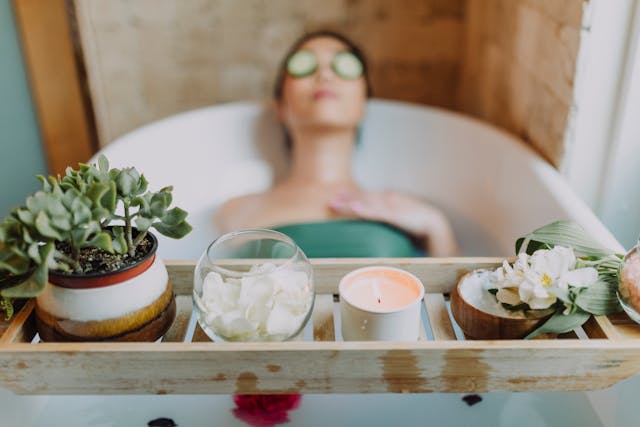
What is the True Concept of Beauty?
Introduction: Unveiling the Enigma of Beauty
Beauty is a concept that has intrigued humanity for centuries. From the ancient Greek philosophers who pondered the nature of aesthetics to modern-day influencers shaping trends on social media, our perception of beauty has continuously evolved. But what is the true concept of beauty? Is it merely skin deep, or does it encompass something more profound? This article delves into the multifaceted nature of beauty, exploring its historical roots, cultural variations, psychological impacts, and the ongoing debate between inner and outer beauty.
Historical Perspectives: Beauty Through the Ages
Ancient Civilizations and the Birth of Aesthetics
The quest to define beauty can be traced back to ancient civilizations. In ancient Egypt, beauty was synonymous with symmetry and proportion, epitomized by the perfectly aligned pyramids and meticulously crafted statues of pharaohs. Cleopatra, renowned for her allure, used elaborate makeup and skincare rituals to enhance her appearance, reflecting the Egyptian belief that physical beauty was a reflection of divine harmony.
In ancient Greece, philosophers like Plato and Aristotle delved deeper into the essence of beauty. Plato posited that beauty was an ideal form, an eternal truth that transcended the physical realm. Aristotle, on the other hand, saw beauty as a matter of proportion and harmony, a concept that would later influence Renaissance artists.
The Renaissance: A Rebirth of Classical Ideals
The Renaissance period witnessed a revival of classical ideals, with artists like Leonardo da Vinci and Michelangelo creating masterpieces that celebrated the human form. Beauty during this era was associated with symmetry, balance, and the harmonious proportions of the human body. The Vitruvian Man, drawn by da Vinci, symbolized the perfect blend of art and science, encapsulating the Renaissance ideal of beauty.
The Romantic Era: Beauty in Emotion and Nature
The Romantic era marked a shift from the rigid classical ideals to a more emotional and subjective understanding of beauty. Romantic poets and artists found beauty in nature, emotions, and the sublime. The wild, untamed landscapes of the Romantic paintings and the passionate verses of poets like Keats and Shelley highlighted a deeper, more personal connection to beauty.
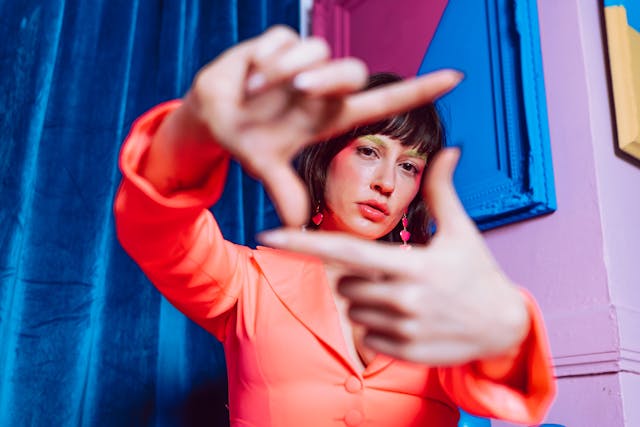
Cultural Variations: Beauty Across the Globe
Western Standards: The Influence of Media and Fashion
In the Western world, beauty standards have been heavily influenced by media, fashion, and Hollywood. The golden age of cinema in the 1950s popularized the hourglass figure, with icons like Marilyn Monroe embodying the ideal of feminine beauty. Over the decades, beauty standards have fluctuated, from the waif-like models of the 1990s to the curvaceous figures celebrated today.
Eastern Ideals: Harmony, Simplicity, and Spirituality
In contrast, Eastern cultures often emphasize harmony, simplicity, and spirituality in their conception of beauty. In Japan, the concept of “wabi-sabi” celebrates the beauty of imperfection and transience, finding elegance in simplicity and the natural aging process. Traditional Chinese aesthetics, rooted in Confucian and Taoist philosophies, value inner beauty and moral character over physical appearance.
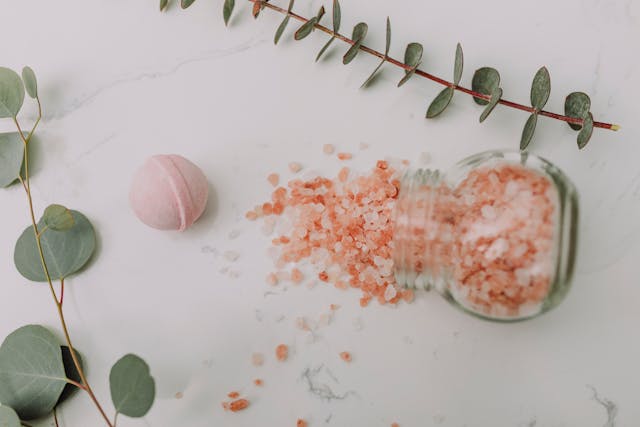
African and Indigenous Perspectives: Community and Tradition
African and indigenous cultures have their unique perceptions of beauty, often linked to community, tradition, and rites of passage. In many African tribes, body modifications such as scarification, piercings, and elaborate hairstyles are seen as symbols of beauty, identity, and social status. These practices highlight the cultural significance of beauty as a means of expressing individuality and belonging.
Psychological Impacts: The Perception of Beauty
The Halo Effect: Beauty and Perceived Virtue
Psychologists have long studied the impact of physical attractiveness on human behavior and perception. The “halo effect” is a cognitive bias where we assume that physically attractive individuals possess other positive traits, such as intelligence, kindness, and competence. This bias can influence various aspects of life, from hiring decisions to social interactions, underscoring the powerful impact of beauty on our perceptions and judgments.
Self-Esteem and Body Image: The Dark Side of Beauty Standards
While beauty can be a source of admiration and confidence, it can also have detrimental effects on self-esteem and body image. The relentless pursuit of an unattainable beauty ideal, fueled by media and societal pressures, can lead to issues such as body dysmorphia, eating disorders, and depression. The rise of social media has exacerbated these issues, with filters and photo-editing tools creating unrealistic standards of beauty that can negatively impact mental health.
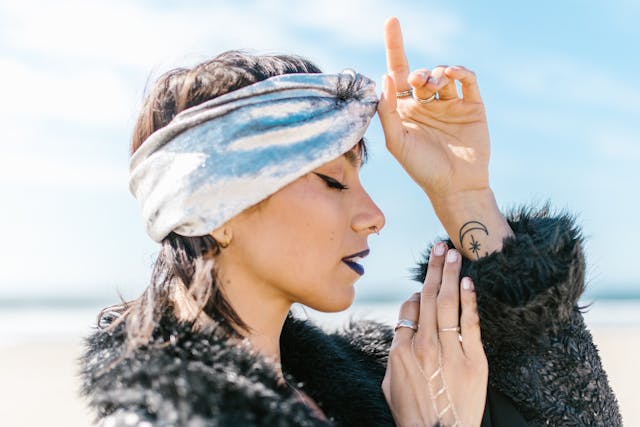
Inner Beauty: The Essence of True Beauty
Character and Virtue: The Timeless Appeal of Inner Beauty
Despite the emphasis on physical appearance, many cultures and philosophies highlight the importance of inner beauty. Character, virtue, kindness, and empathy are often seen as the true markers of beauty. This perspective is echoed in various religious and philosophical teachings, from the Christian adage “beauty is only skin deep” to the Buddhist belief in the beauty of a compassionate heart.
Authenticity and Self-Acceptance: Embracing One’s True Self
In contemporary discourse, there is a growing movement towards embracing authenticity and self-acceptance as the essence of true beauty. This shift is reflected in campaigns that celebrate diversity and body positivity, encouraging individuals to embrace their unique features and imperfections. By redefining beauty to include authenticity and self-love, we move towards a more inclusive and holistic understanding of beauty.
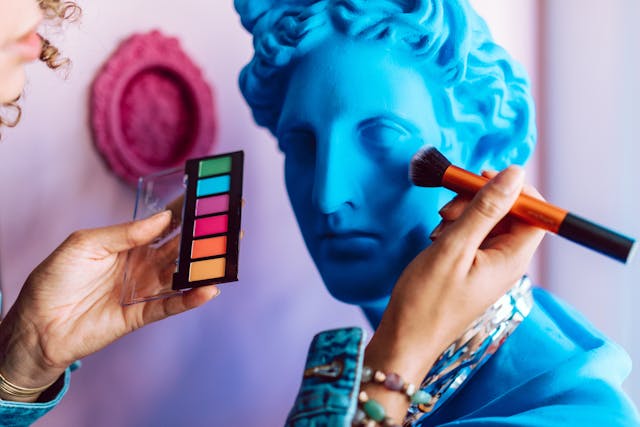
The Modern Debate: Redefining Beauty in the 21st Century
The Role of Technology: Augmented Reality and Digital Beauty
Advancements in technology have revolutionized the beauty industry, introducing tools such as augmented reality (AR) and virtual makeup. These innovations allow users to experiment with different looks and styles, challenging traditional notions of beauty. However, they also raise ethical questions about the impact of digital beauty on self-esteem and the authenticity of our self-presentation.
Inclusivity and Representation: Celebrating Diversity in Beauty
The 21st century has seen a growing push for inclusivity and representation in beauty standards. Movements such as #BlackGirlMagic, #BodyPositivity, and #SkinPositivity have gained momentum, challenging the narrow definitions of beauty and celebrating diverse skin tones, body types, and features. Brands and media are increasingly recognizing the importance of representing a broader spectrum of beauty, reflecting the diverse world we live in.
Conclusion: The Ever-Evolving Concept of Beauty
The true concept of beauty is a complex and multifaceted phenomenon, shaped by historical, cultural, psychological, and philosophical factors. While physical appearance continues to play a significant role in our perception of beauty, there is a growing recognition of the importance of inner beauty, authenticity, and self-acceptance. As we navigate the 21st century, the challenge lies in embracing a more inclusive and holistic understanding of beauty that celebrates diversity and empowers individuals to define beauty on their terms. In doing so, we move closer to unraveling the enigma of beauty and appreciating its true essence.

